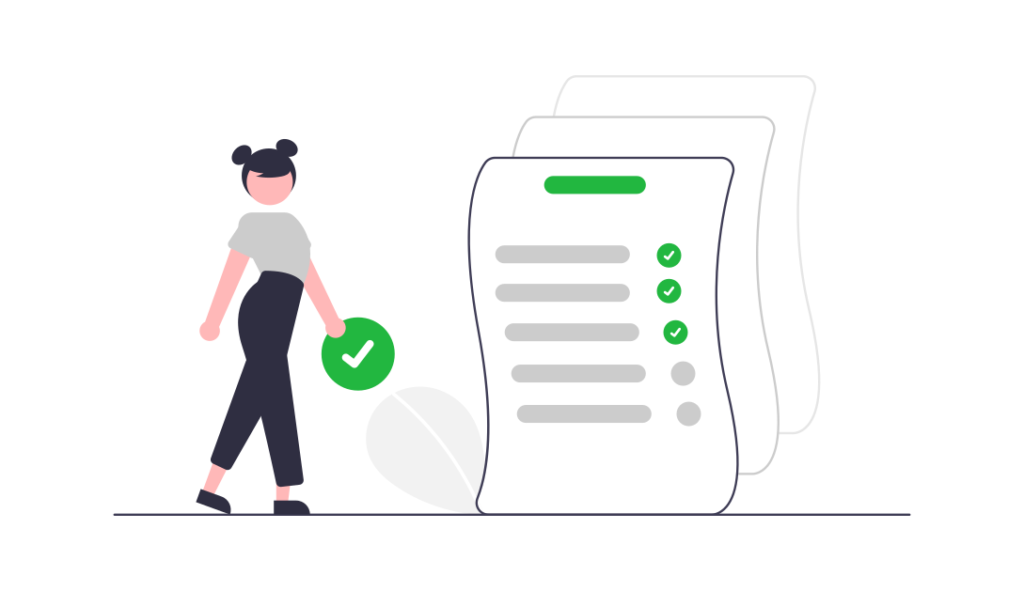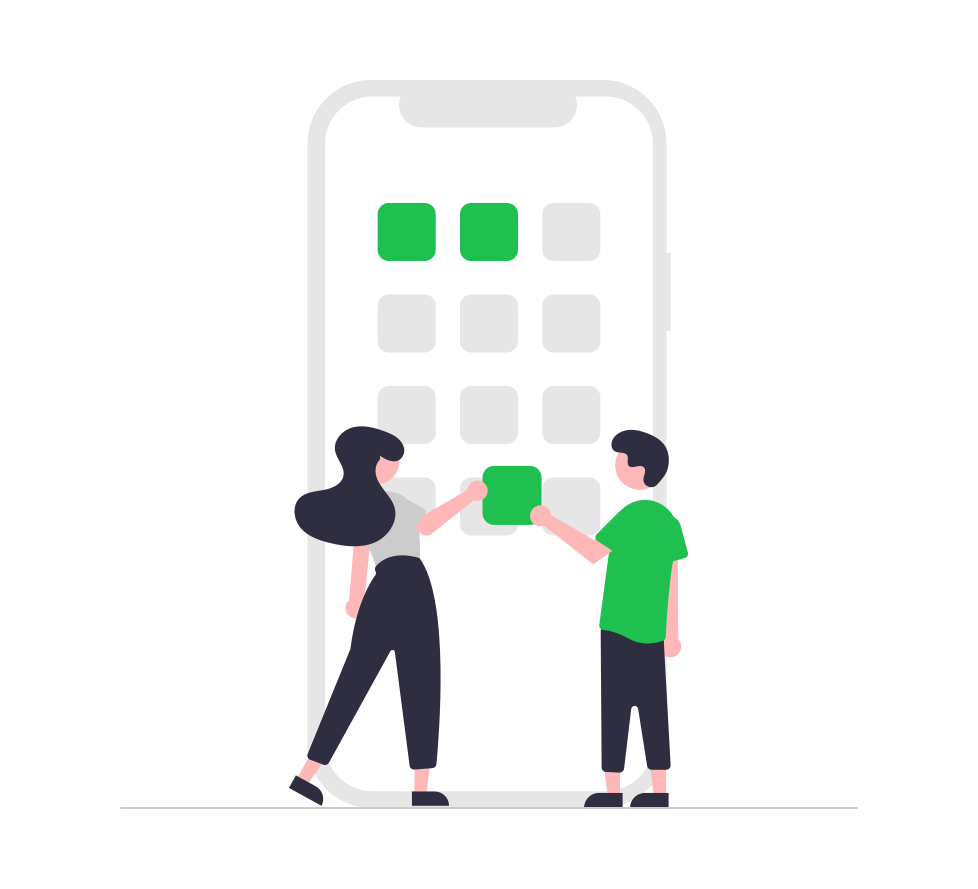Everyone procrastinates from time to time – sometimes it’s more appealing to watch another episode of your new favourite TV show than it is to get started on a daunting piece of work.
But for some, procrastination goes far past avoiding tasks you’re worried about. Instead, it can make it difficult to do anything, even things you want to do. To be able to combat procrastination, it’s important to distinguish it from its more severe counterpart: executive dysfunction. But how can we tell the difference between the two?

What are Executive Functions?
To understand executive dysfunction, we first need to understand what executive functioning is itself. Executive functioning is the process of the mental abilities that help people to achieve actions.
Executive functions control your working memory, your self-control, and your cognitive abilities. They are vital for everyday life, helping with processes such as:
- Productivity
- Memory
- Flexibility
- Scheduling
Executive dysfunction is essentially the opposite of executive function: it is the inability to control such mental processes. It is often caused by a mental disorder such as depression or ADHD, stress, a traumatic brain injury, or a form of addiction. These are not the only causes, but it is more likely that someone with an underlying condition would also struggle with executive functioning.
So, is it Procrastination or Executive Dysfunction?
The main difference between procrastination and executive dysfunction is intent. Procrastination is a form of avoidance through delaying or putting off a task for as long as possible, usually because it can be daunting, or can induce anxiety.
Executive dysfunction often occurs as a symptom of another disorder. In this case, it stops you from completing tasks that you have no reason to avoid, as it becomes difficult to transition between activities.
In this case, you aren’t ignoring it in the way you might when procrastinating. Instead, you just can’t make yourself do it.
Whilst it is normal to be a bit forgetful, or to lose focus on a boring task, this does not mean you necessarily struggle with executive dysfunction. It becomes an issue when it impacts your life on a day-to-day basis.

So how do you know if you are just procrastinating, or if it is something more? Whilst there are overlaps, there are some signs that suggest you may be experiencing executive dysfunction instead:
- Regularly losing concentration
- Difficulty with time management
- Inability to stay on one task
- Trouble regaining focus after being distracted
- Problems with organisation
- Struggling to set and stick to schedules.
Fortunately, there are a number of ways you can combat both procrastination and executive dysfunction, many of which overlap.
Read Now: Overcoming Procrastination: Breaking a Bad Habit
How to Overcome Procrastination
Forgive yourself
Everyone procrastinates at some point, so there is no reason to beat yourself up over it. By removing the guilt associated with procrastination it removes the negative feelings that arise, making it easier to move on from a period of procrastination.
Read Now: How to Overcome the Fear of Rejection
Use chunking methods
Divide your workload into manageable chunks. Sometimes a task can feel too daunting to begin, so by breaking it up into chunks it becomes more manageable. Focus on completing one chunk at a time, and you will feel more motivated as your goals are more achievable. Five to ten smaller tasks can often feel easier than one large task.
Set rewards
Giving yourself rewards when you complete a task helps to keep you motivated. It gives you something to work towards, and creates a positive association with completing work, which in turn makes it easier to focus.
Use apps
Anti-procrastination apps and websites like Cold Turkey or Forest help to create a focused environment. If you are the kind of person that likes having your phone with you, but constantly gets distracted or side-tracked, these can help you stay on task by blocking leisure websites for a specified time. This allows you to focus on the task at hand.

How to Combat Executive Dysfunction
Create a workspace
Have a clear area that is separate from relaxation areas like your sofa or bed. It will put you in the right headspace to complete a task when you separate work from comfort.
It is all too easy to work from your sofa and end up watching tv, or work from bed and fall asleep. By separating these areas, your mind will begin to associate your workspace with productivity, and it might even help you sleep better when your bed is only associated with resting.
Read Now: 5 Essential Habits to Help You Stay Organised
Use the 5-minute method
Starting a task is often the hardest part. By committing to doing it for just 5 minutes, it makes it less daunting. By the time 5 minutes are up, it’s likely that you will be able to keep going as you will have found a flow.
Even if you do not feel motivated after 5 minutes, you still will have made a start, and that’s already progress!
Reframe your thinking about deadlines
The phrase ‘deadline’ can be quite scary, and it can lead to a lot of anxiety about finishing a piece of work. It is hard to find motivation when there is so much pressure surrounding the date it is due.
Try referring to deadlines as ‘finish lines’ instead – it is a goal you want to achieve but not the be all and end all, and it can create motivation. Deadlines are terrifying, but finish lines can be exciting and rewarding.

Try Cognitive Behavioural Therapy
CBT can help to treat executive dysfunction by finding out what triggers it. A therapist can create personalised methods of coping by addressing and changing thought patterns. It can target executive functions, and help you adjust your behaviour, which can lead to an increase in focus and motivation.
To Sum Up…
Whether you struggle with procrastination, or find yourself dealing with executive function, these tips and tricks can help to give you some control over your workload. Remember, the sooner you start that dreaded piece of work, the sooner it is over!
Related Articles
If you’d like more help dealing with procrastination or executive dysfunction, please feel free to contact us at Ceed today.